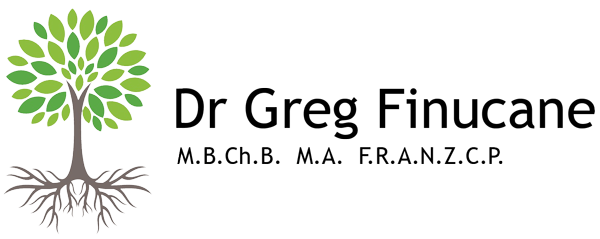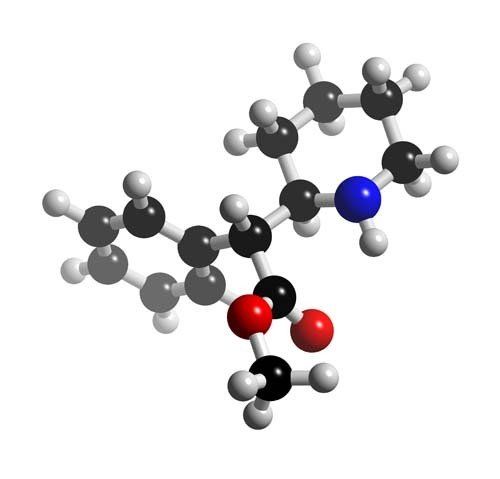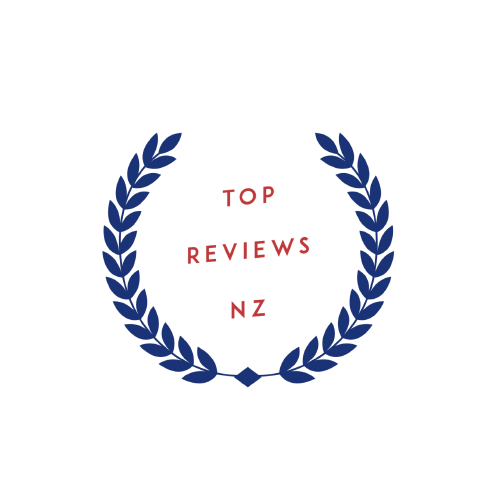Spring 2022
This is the first in a series of, hopefully, regular blogs about neuropsychiatric and related themes, intended to be commentary and musings about current topics, trends or developments, rather than tentative book chapters for some future publication. The author is entirely to blame for the opinions expressed herein.
ADHD remains in the news, and as always provokes controversy. Is it a condition manufactured by Big Pharma to push products (probably not, given the key medications in question are really quite elderly now), is it a medicalisation of developmentally age appropriate behaviours (that wouldn’t explain why it runs in families), does it simply result from poor parenting (some of the parents I know are very switched on, loving, and work with the best advice from professionals)?
There are some current issues for 2022. Will Vyvanse (lisdexamfetamine) get through the Pharmac process? I don’t know why the Pharmac specialist advisory committees don’t invite discussion with or submissions from individuals with the relevant conditions, their families, or clinicians who actually manage the relevant clinical problems. Only one of the (worthy) clinicians on the relevant committee seems in a position to routinely diagnose or manage ADHD. Their deliberations can be viewed on the Pharmac website.
How are we doing on defining the parameters of ADHD to improve diagnosis? Not so well - there is ongoing debate about the need for demonstration of objective attentional or other cognitive changes, yet ADHD professionals who do not think such is required continue to speak of it as a neurodevelopmental condition when well defined neurodevelopmental conditions have objective findings to support the diagnosis such as the facial dysmorphia in Fetal Alcohol Spectrum Disorder or cognitive impairment following paediatric acquired brain injury. Of course, ADHD is a somewhat complex and diverse condition and we know that just as the genetics is complex, so individuals present with a variety of attentional and other changes. Gaining clarity on these, though is worth attempting - rather than leaving this as a condition in which ticking off a number of possible symptoms justifies commencing medication which should be continued for decades.
On another topic, it was good to see that Prof Sir Richard Faull and Prof Maurice Curtis from the Auckland Brain Bank had contributed to the recently published paper in Frontiers in Neurology on Chronic Traumatic Encephalopathy (and free to download) on 22 July. This is a very thorough discussion of the topic and makes a good case that a link between repeat TBI and CTE is now beyond reasonable doubt. Sports bodies globally are struggling to modify practices to reduce risk and media attention needs to remain on this area, but clinicians also need to work towards establishing consensus criteria for diagnosis and finding effective treatments.





